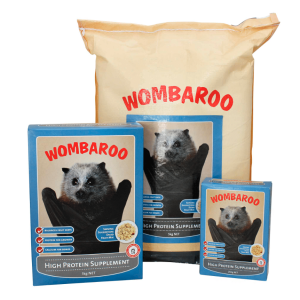
Bats of Geelong Wildlife Shelter
Name of Operator: Leila Merritt
Years of operation: 10 years
Suburb/area covered: Bellarine Peninsula and Geelong
Species you care for: Grey headed flying foxes, water birds, tawnies and intensive care patients.
Contact: Your Local Wildlife Rescue Agency
How does Bats of Geelong Wildlife Shelter support wildlife and their habitat?
Leila Merritt has dedicated the past 10 years to wildlife care, with the last 7 years specifically focused on the Grey-headed flying fox. Recently, she established Bats of Geelong Wildlife Shelter Inc. as a registered Incorporated Association, aiming to transition to a Not-for-Profit organization in the future. As the only flying fox carer in Melbourne's western suburbs, Leila cares for these bats from areas including Geelong, Werribee, Lara, Colac, and often Melbourne. With her background as a wildlife veterinary nurse, she delivers high-quality care, including intensive treatments like IV fluid therapy, oxygen therapy, wound care, and pain management.
Leila frequently presents on flying fox conservation, sharing her expertise with the public and fellow veterinary professionals to enhance the care of injured, sick, and orphaned bats. The shelter also supports various wildlife species, including water birds and tawny frogmouths, that need veterinary attention. Additionally, Leila collaborates with the Marine Response Unit to provide temporary care for sea birds, such as Little Penguins and shearwaters.
Bats of Geelong boasts a dedicated committee composed of fellow wildlife carers and shelter operators who have been supporting the flying foxes in the Geelong area for years. The shelter's mission extends beyond rescuing and rehabilitating wildlife; it also prioritizes educating, mentoring, and advocating for wildlife and their habitats in the surrounding communities.
How our project funding supported Bats Of Geelong Wildlife Shelter
Our funding provided Leila with Cages, Forage Mix, a petrol voucher and a great pair of Binoculars.
“Here are my fancy new binoculars in use! Monitoring the Flying Fox camp in Geelong”.
There are many ways to help our wildlife and we get lots of calls a week with concerned Members of Public wanting to help. You can do this by reporting injured and orphaned wildlife or donating funds so that we can continue our programs and provide ongoing support to wildlife shelters.
What can you do to help?

What advice would you give the public?
The shelter urges the public to support our bats by planting native plants in their gardens, using regulated fruit protection bags on individual branches when sharing fruit, being respectful during visits to colonies, educating others about the significance of bats, and encouraging them to seek assistance if they encounter a lost or injured flying fox.
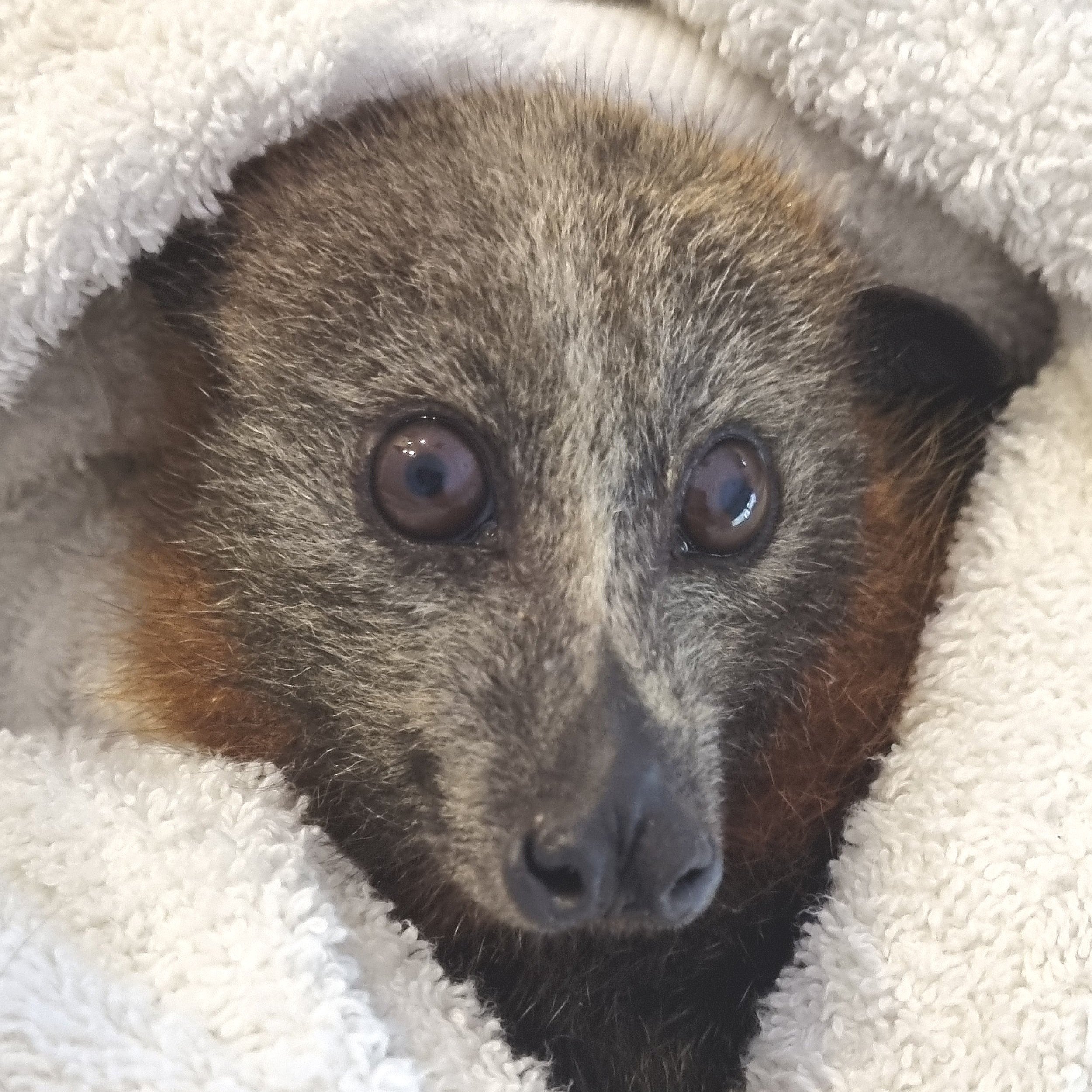





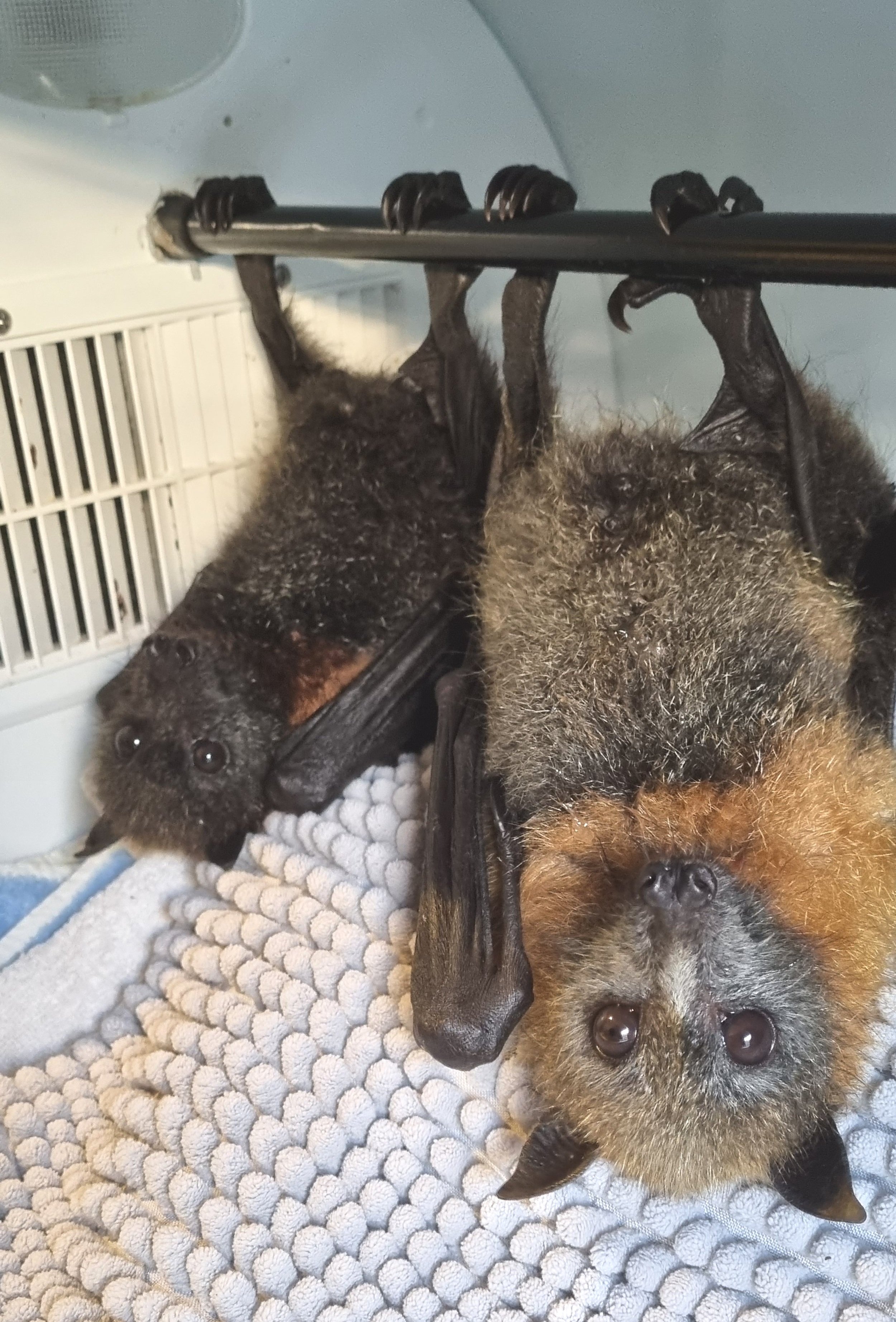


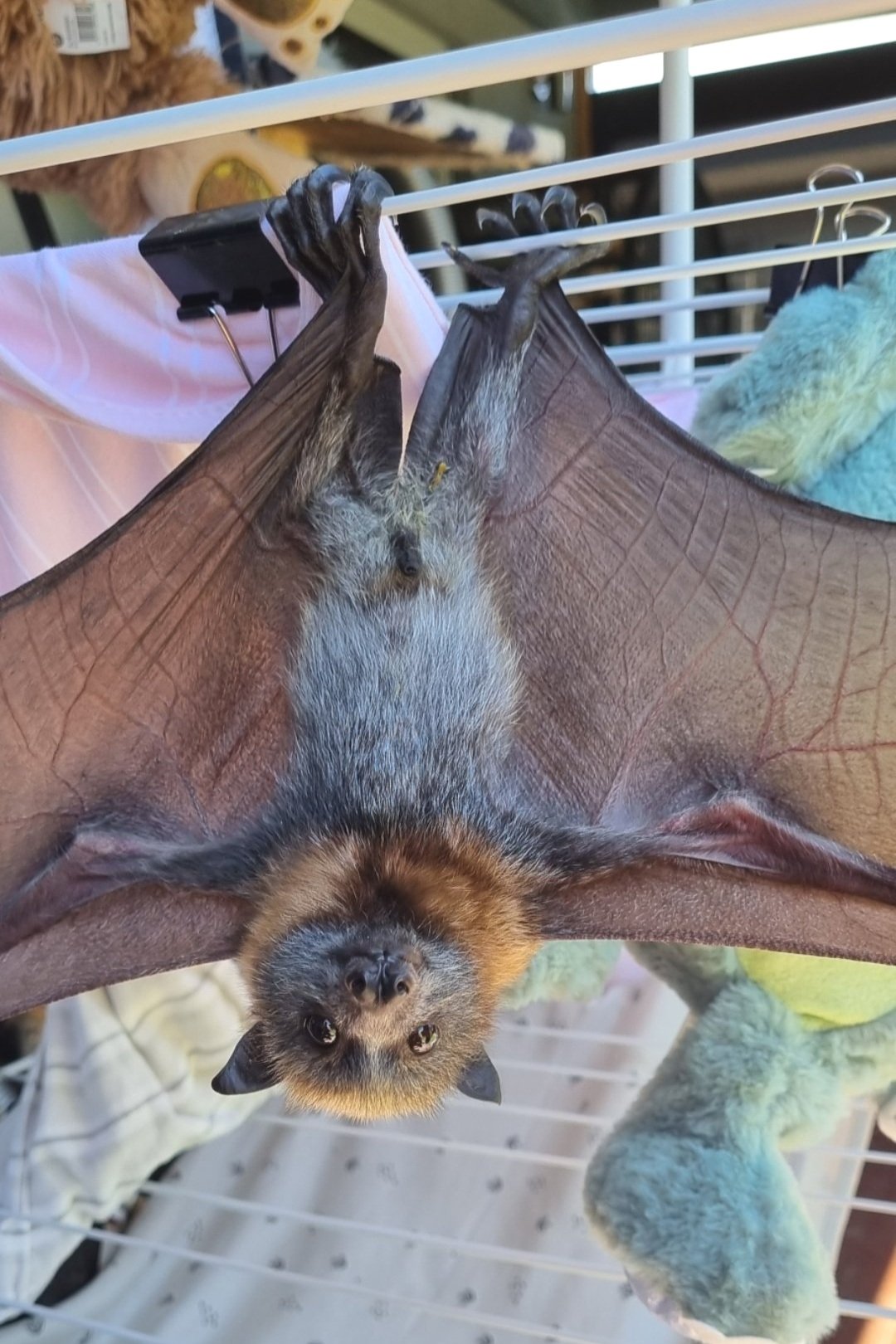
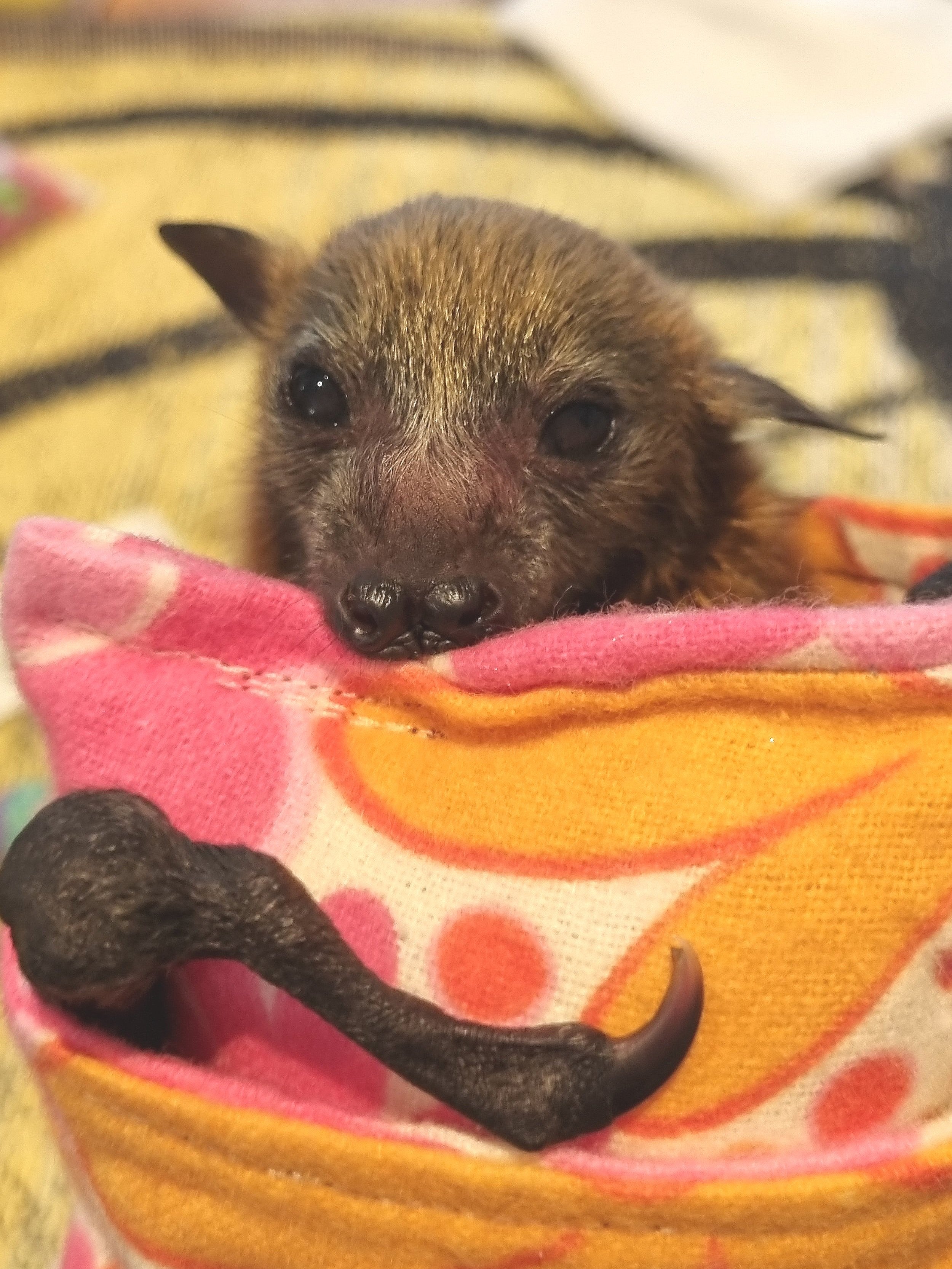
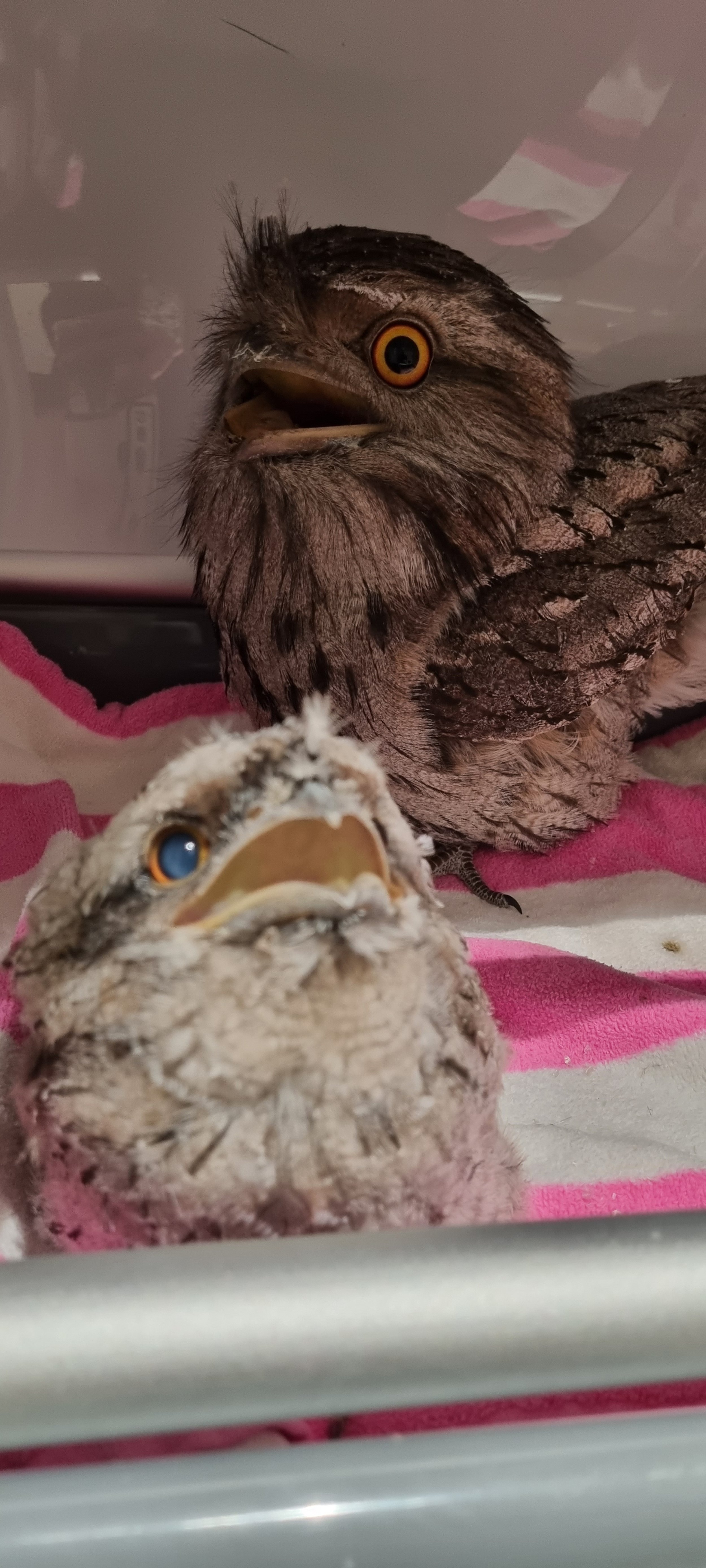

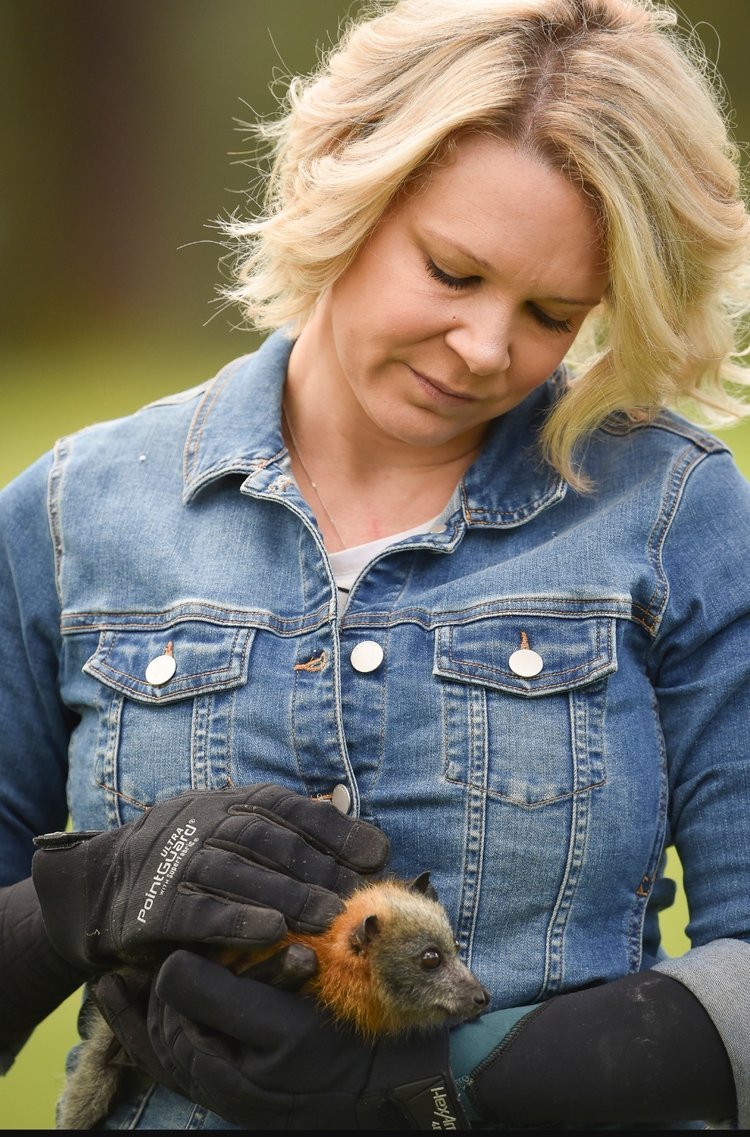
Find out more about Wildlife Shelters in Victoria.
Lend a paw by purchasing a Wombaroo Gift Voucher for Bats of Geelong Wildlife Shelter.
For many wildlife rehabilitators, having access to life-saving food or equipment is often a necessity they struggle to afford. These dedicated individuals devote their lives to assisting wildlife, typically funding their efforts themselves and covering costs for baby formula, medicine, and supplies from their own pockets. Unfortunately, they receive little to no government support for their crucial work.Gift vouchers make a significant difference for carers, whether it's purchasing a $20 Wombaroo voucher for a tiny joey or $1,000 voucher to support a mob of injured Kangaroo’s, every contribution plays a vital role in the recovery and survival of these precious creatures. By providing these vouchers, you empower rehabilitators to continue their invaluable work, offering second chances to animals in need.Use the email address at checkout: laylasweep@hotmail.comThank you for your generosity. Let's continue to make a positive impact, one life at a time. *Each voucher is email directly to the recipient to be used on anything in the store. Vouchers do not expire. 





